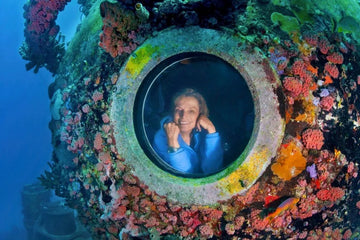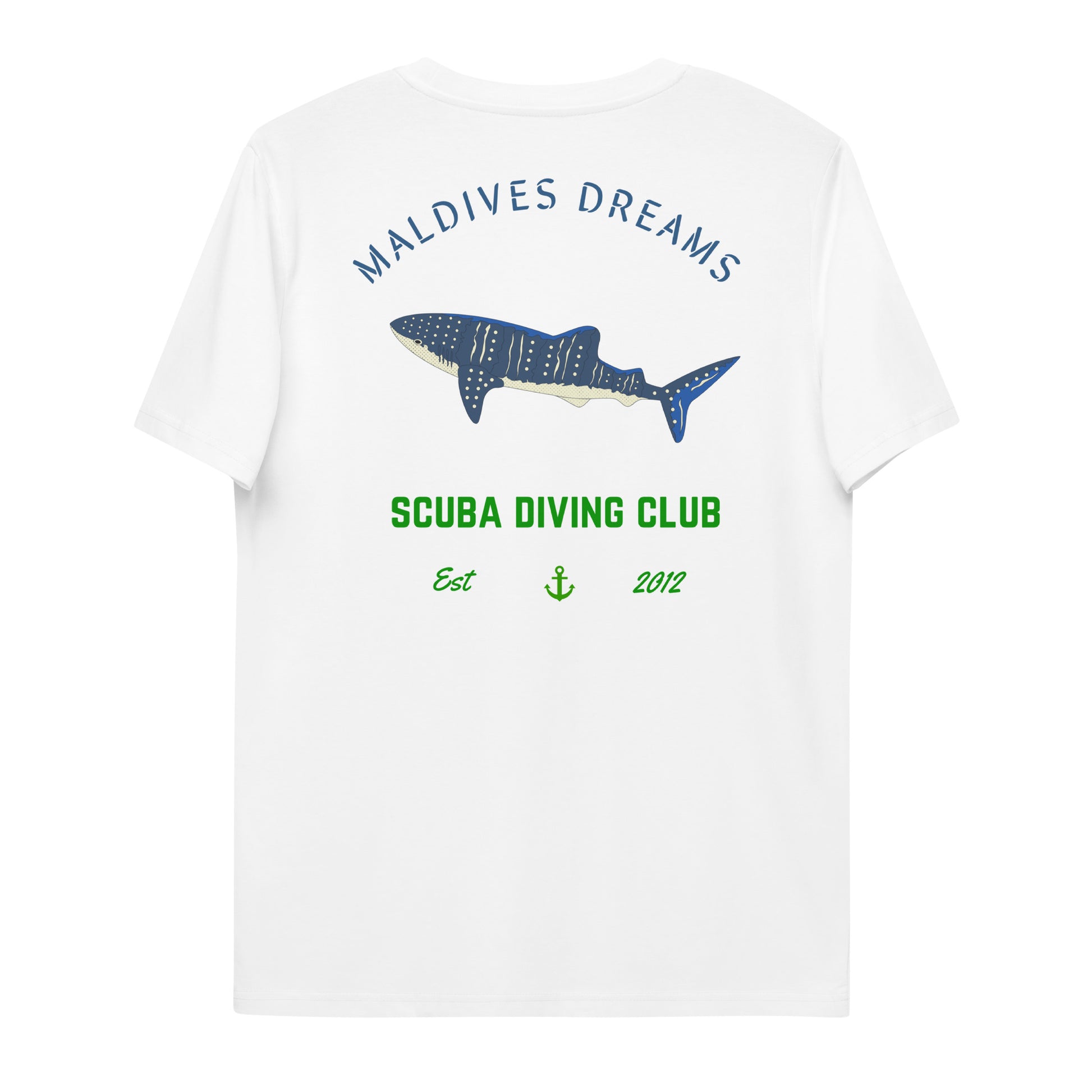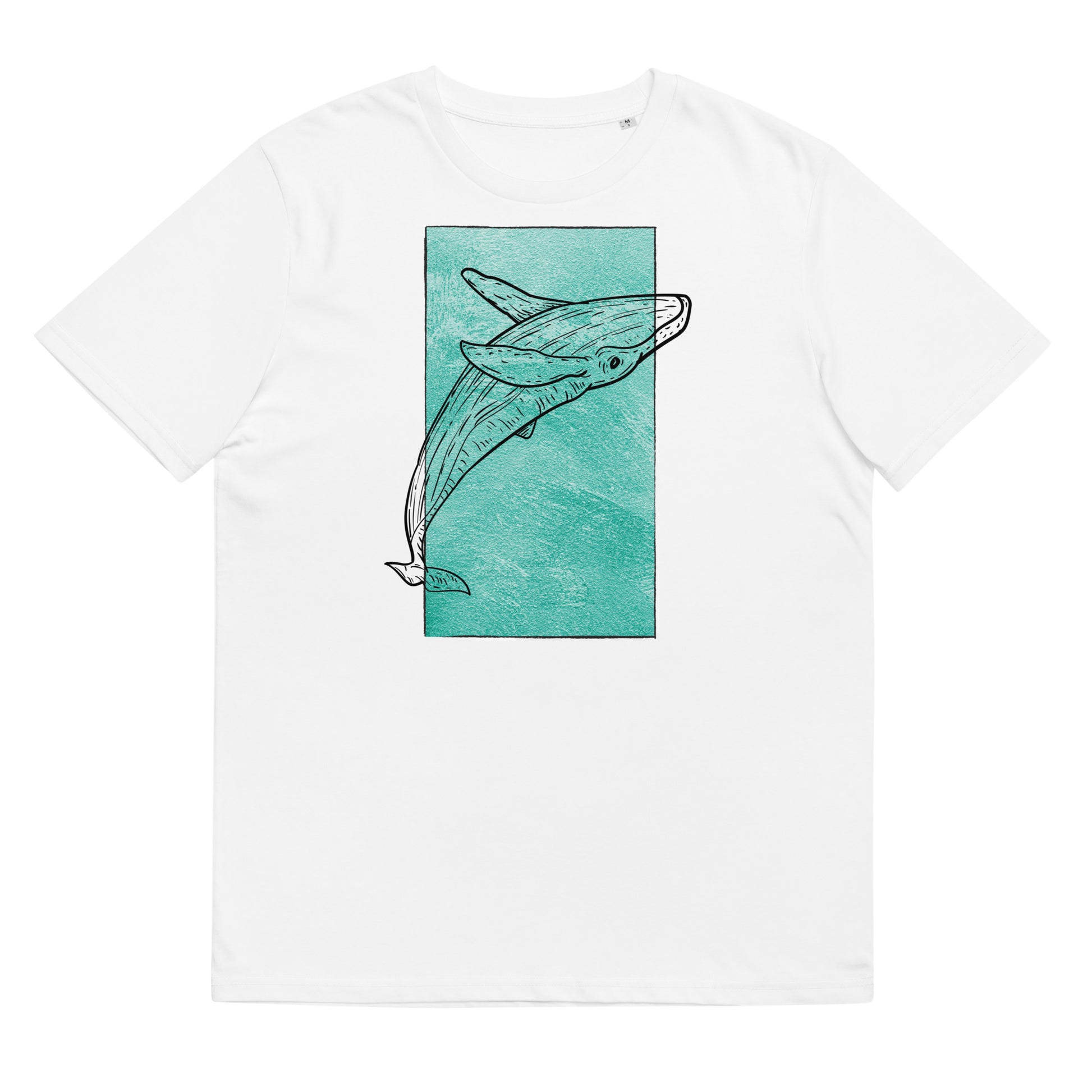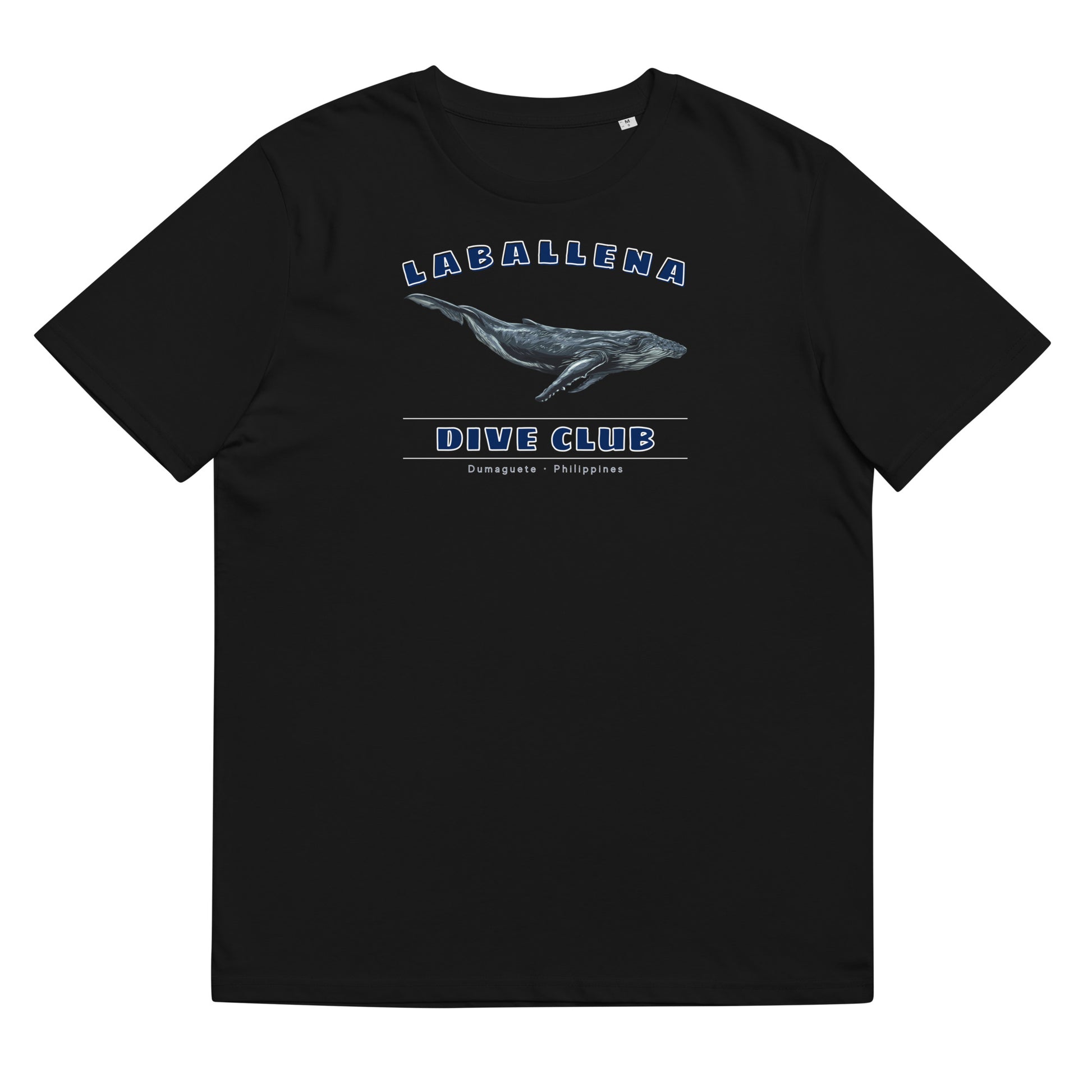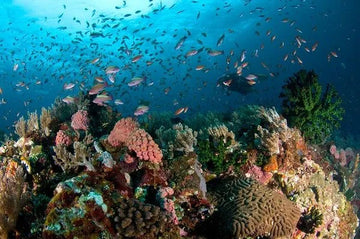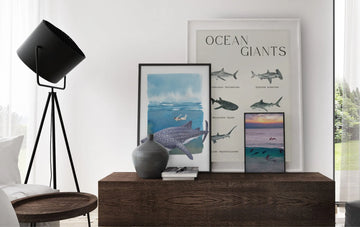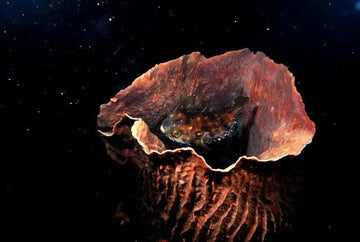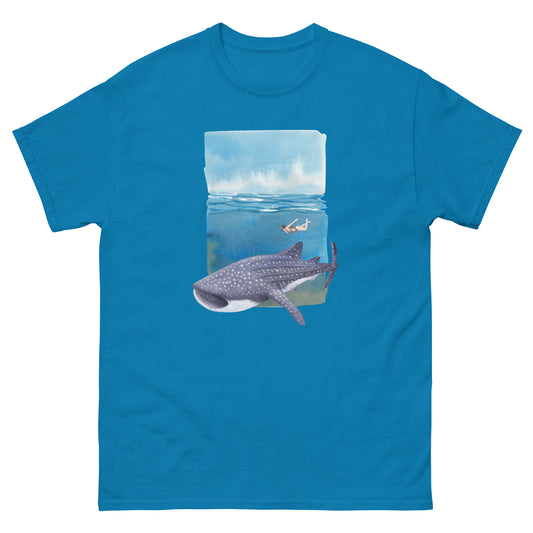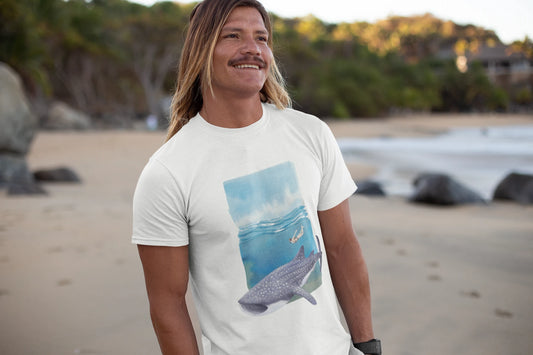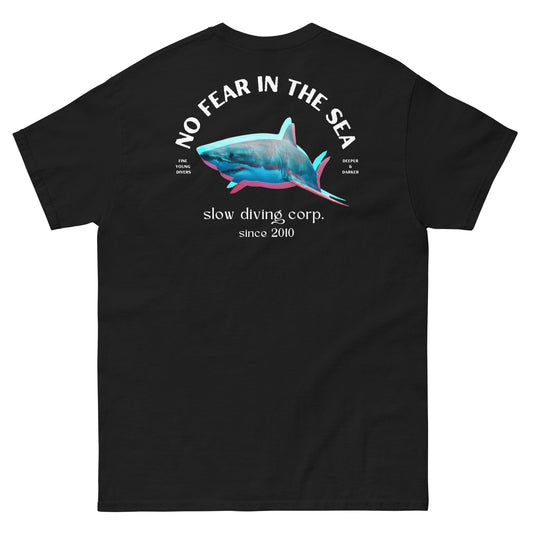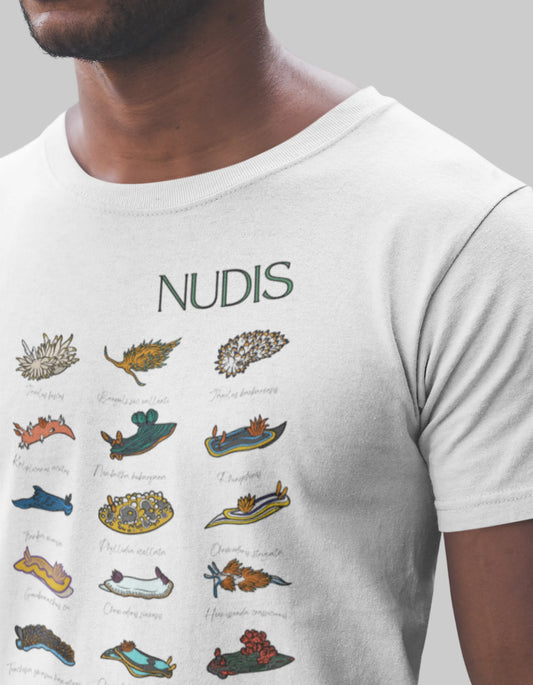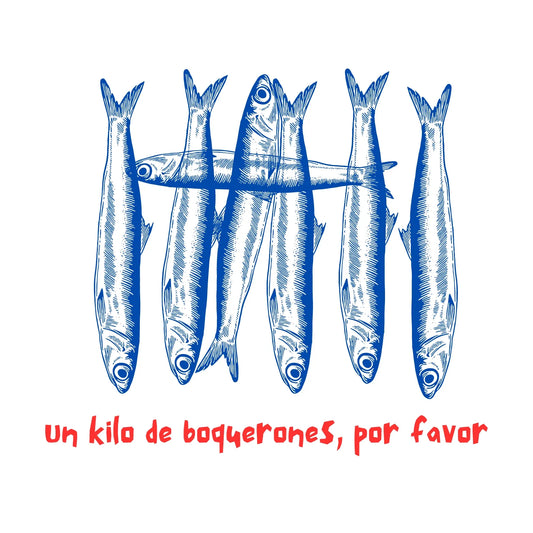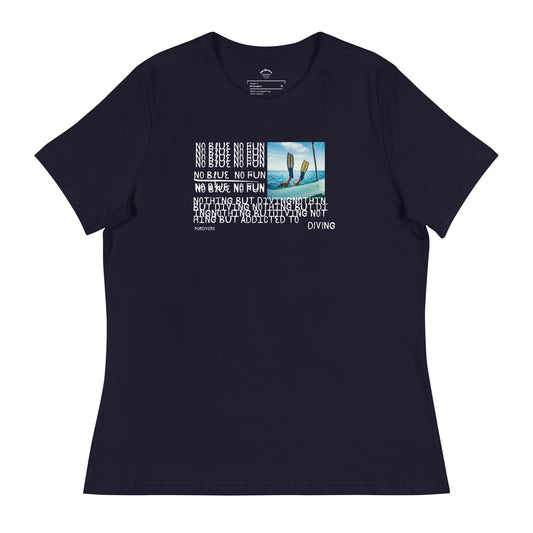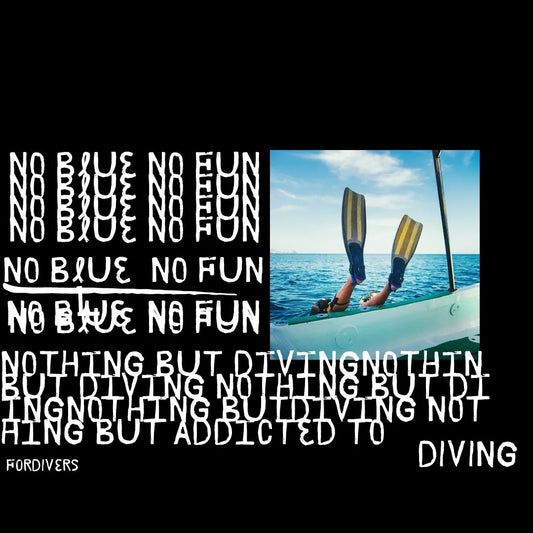The regulations initiated by the European Union and the UN at the beginning of this century gave wings to the fight for the defense of the oceans and more specifically of sharks. These directives are important to prevent the fishing industry from wiping out one of the ocean's most important predators, the shark, and are necessary to make mankind aware of the urgent need to defend marine life.
The first step in saving the ocean must be to explain to the public the importance of a healthy ocean. The very survival of our species and the rest of the living beings that inhabit this planet, both those that live in the sea and those that live on land, depends on the good health of the ocean. Without a healthy ocean, life on Earth will be impossible.
There are facts that should terrify us but to which we are indifferent: half of the coral reefs have died, 90% of the populations of large predators have disappeared, mangroves are being destroyed to create tourist resorts, many economically poor countries see their basic sustenance disappear in the hands of large fishing companies with which they cannot compete, the biodiversity of our Mediterranean is already the most threatened on the planet... do we know what are the consequences of the destruction of the marine environment?
T-shirts for ocean lovers
VIEW MORE T-SHIRTS FOR DIVERS
A perfectly balanced ecosystem
Let's give a very explanatory example. Consider the ocean the Earth's circulatory system: it provides us with oxygen, food, defense against inclement weather, stores and cleans our waste in the form of CO2 and stabilizes the planet's temperature. As if that were not enough, it gives us water in the form of rain and is home to 97% of the species that inhabit this planet. For this circulatory system to provide us with these benefits, it must be alive, and to do so it must keep all the links in the oceanic trophic chain together. To destabilize or break one of these links endangers its health and ours.
You only protect what you love"
This phrase, uttered by Jacques Cousteau, is becoming more and more important. How do we make future generations love the ocean? Do the youngest children know how important marine life is for their future? Most children and young people come into contact with the sea once a year from the shore, on vacations, on crowded beaches. For them, the sea is a game, an accessory place that they only remember when the vacations come around. Few of them go to the fishmonger's, hake is just a few sticks that come out of the freezer. Others have contact with marine species through dolphinariums or zoos and the luckiest have a tube and a pair of glasses to see a couple of fish. The vast majority know that there is life under the sea through the movie Nemo. How can we teach children to love underwater fauna and understand its importance?

Why is the importance of the sea for our survival not taught in schools? Are there no organizations that go from school to school explaining why we have to protect marine life?
What if in the rest of the world we taught children to dive, to discover the sea beyond the shore, to love the underwater fauna in order to understand the need to protect it? Showing marine species through dolphinariums with confined animals is not the best solution. Children need to know where the fish they eat comes from, what consequences pollution of the seas has for their health, why overfishing cannot be allowed or where we get the oxygen we breathe.
Almost to the point of extinction
The International Whaling Commission was created in 1946, when the whaling industry had been working at full capacity for almost a century. It was not until the 1970s that citizens and governments began to become aware of the need to protect cetaceans. In less than a century, the gray whale, which began to be protected in the 1940s, was practically extinct, and today there are only about 20,000 specimens. Other species have also suffered greatly, such as the humpback whale, which today has a population of 80,000 members, 30% of the population that existed before the excessive hunting. We have even been close to extinguishing an animal as majestic as the blue whale, the largest animal that has inhabited the planet and that in 80 years has seen its population reduced by 99%.
Whales are basic in the food chain, providing food after their death to thousands of species in the benthic region, creating phytoplankton, a source of oxygen and food that initiates the chain. The planet cannot afford the disappearance of whales.
T-shirts for Whale Lovers
SEE MORE WHALE T-SHIRTS

The same thing is happening today with sharks. Until we have slaughtered 90% of their population, governments have not begun to worry about their permanence on the planet... but sharks cannot wait another century. Shark finning is one of the most destructive fishing gears that the ocean has suffered in the last 50 years. China's growing middle class is consuming shark fin soup in extraordinary quantities to the point of bringing to near extinction a species that has occupied the planet before trees existed. They have been swimming in the oceans for over 450 million years and we are close to making some species extinct.
Considered a delicacy that demonstrates economic status to the rest of society, shark fin soup is filling the seabed with dying, dismembered sharks and the pockets of fishermen and restaurant owners with fresh Yuan... while condemning the planet to ocean desertification.
Spain, at the forefront of shark fishing
Some talk about 70 million sharks killed each year, others about 100 million. Do these consumers know that sharks are essential to maintain the balance and health of the ocean? Probably not, it is probably more interesting to keep them consuming that resource until it is depleted than to teach them that they should not feed on shark fin. What most Spanish citizens probably don't know either is that Spain is the third country in the world that is making the greatest effort to eliminate sharks, mainly the blue shark.

Increase in shark catches worldwide since 1950
Our ignorance, greed and culture of short-term profit is unbalancing an ecosystem that has been naturally regulated for hundreds of millions of years. But do you know why sharks are essential to the health of the ocean? Their main value is that the shark is a large predator with a very varied diet that helps maintain balance between species as they feed on the most abundant varieties. This way of feeding helps to level populations among different species, avoiding invasions and pests that unbalance the ecosystem and allowing for more biodiversity. There are many more reasons that you can read in this old post where we explain the importance of sharks in the food chain and their value for ocean life but also their economic value.

Blue sharks in a Galician fish market. Image by Toño Maño
The case of the disappearance of mangroves also demonstrates our ignorance and greed. Many mangroves, as in Panama for example, are being destroyed to create luxury hotel complexes and ports where yachts loaded with dollars... which will never be more valuable for life than the mangroves themselves. Mangroves (extensive saltwater-tolerant tropical forests) provide safety from hurricanes and tsunamis, provide shelter and a breeding ground for thousands of species of birds, crustaceans and fish, which in turn serve as food for other fish and humans. Without the mangroves and with the passage of time these luxury hotels will receive the force of the sea and the wind when hurricanes occur, local fishermen will have to find another way to support their families since the fish will have disappeared. The result is that in the end there will be no tourists, no dollars and no mangroves, only desert.
Is alive!
Coral reefs are probably the great unknowns of the ocean. Most of us don't even know if they are animals or plants. Let alone what they bring us.
We buy corals as souvenirs, we dynamite reefs to make it easier and faster for us to catch fish, we poison the water by killing these animals and those who feed or find shelter in them. We heat the planet with our exhaust pipes, preventing corals from surviving in increasingly acidic waters. If we do not even know what coral is, it will never occur to us to ask ourselves what are the benefits they provide to humans, what is coral "good for" or if it is worth protecting.

Corals are animals that form communities known as coral reefs. Kilometers of these strong barriers protect the coast from storm surges and strong waves during hurricanes, slow the power of ocean currents, export nutrients to land systems, provide habitat for millions of marine species (many of which we consume) and generate billions of euros a year in diving and snorkeling tourism. But perhaps more importantly, corals are home to algae that generate more than half of the oxygen we consume. We simply need coral reefs to survive.
Our ignorance and lack of respect for what we do not know or see makes us unaware of the negative effect of high CO2 emissions. These emissions cause a reduction in the pH of seawater on a global scale, making the ocean more acidic, reducing the rate of mineralization of corals, thus making it difficult for corals to accumulate calcium to anchor themselves to the reef. We are making it impossible to survive on a basic resource for humans!
What goes in the ocean goes in you
Tuna is one of the healthiest foods provided by the sea: it contains large amounts of omega-3 fatty acids, good for the heart and joints, which help prevent thrombosis and arteriosclerosis, improve brain function and reduce the risk of mental illness in old age. Tuna also helps reduce blood pressure and regulates and lowers blood cholesterol levels. At first glance it would seem to be a gift of nature that we should protect and take advantage of... unless we prefer to fish it to near extinction, as in the cases of bluefin and bluefin tuna, or poison it thinking of the benefits it brings to the economy and not to people.
We have managed to make such an interesting and beneficial resource as tuna unhealthy, as stated in a report by the Mercury Policy Project, which recommends that children eat tuna a maximum of once or twice a month so as not to exceed the safe levels of mercury consumption that we ourselves have dumped into the ocean. Again, the culture of quick money and short-termism.
As if that were not enough, this large predator is necessary to remain in our oceans because it keeps different marine populations under control by feeding on all types of prey. Its existence ensures a healthy balance between the different levels of the food chain, just like sharks. A drastic decline in the tuna population, which we are already beginning to suffer, would have very serious effects on the health of the ocean, also directly affecting the food supply of hundreds of millions of human beings around the world.
There are reasons for hope
Legendary oceanographer Sylvia Earle has been working for more than 50 years to raise awareness among governments and citizens about the defense of the marine environment and the need to keep all links in the chain together. Since Sylvia began exploring the ocean we have eaten 90% of the big fish in our oceans and in this award-winning and unmissable TED talk she tells us why life on our planet would be impossible if we don't keep the ocean strong and healthy. Not for nothing does it represent 71% of the earth's surface.

Sylvia Earle o how to protect the oceans
The ocean shows that with respect and time it is capable of regenerating from human greed. The bluefin tuna is recovering after only six years of fishing control, the ban on shark fishing is already a reality in many countries such as Honduras, Maldives, Bahamas, Reunion Island, Mexico or the United States (there is even news of a decrease in the sale of shark fins in China). Dynamite fishing is a practice that has almost disappeared and the awareness and work of organizations such as Oceana and Sea Shepherd are beginning to bear fruit.
Governments are considering, albeit timidly, a stronger defense of marine life and every week we have news of the creation of a new protected marine reserve, but there is still much to do and the work of dissemination by divers and other sea lovers is vital for this work. Divers play a crucial role in monitoring and denouncing the degradation of the marine environment and with their dives they can show us which areas are suffering more wear and tear due to overfishing, which are losing their biodiversity or where invasive species that alter the balance are found. Thanks to their work we are finding that the biodiversity of the Mediterranean is the most threatened on the planet, the first step to begin to protect it with efficient measures.
It makes you dizzy to think what would have been in the oceans 100, 200 or 1,000 years ago. To be able to put on your scuba diving equipment and dive not only in the coral reef but also in the Spanish coast. Huge schools of tuna or groupers, whales, dolphins, sharks, kilometers of posidonia meadows, all kinds of crustaceans... We cannot recover a space that was virgin, that we have degraded and that will never be like before the industrialization of fishing and pollution, but we are in time not to destroy forever the marine environment to sink our planet in a desert of dead water.

